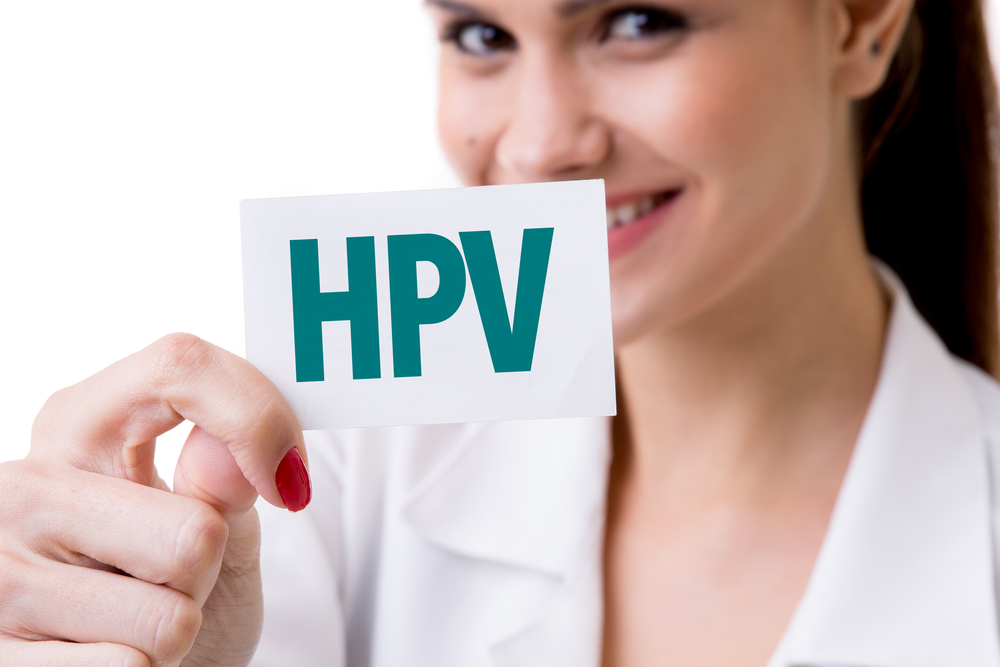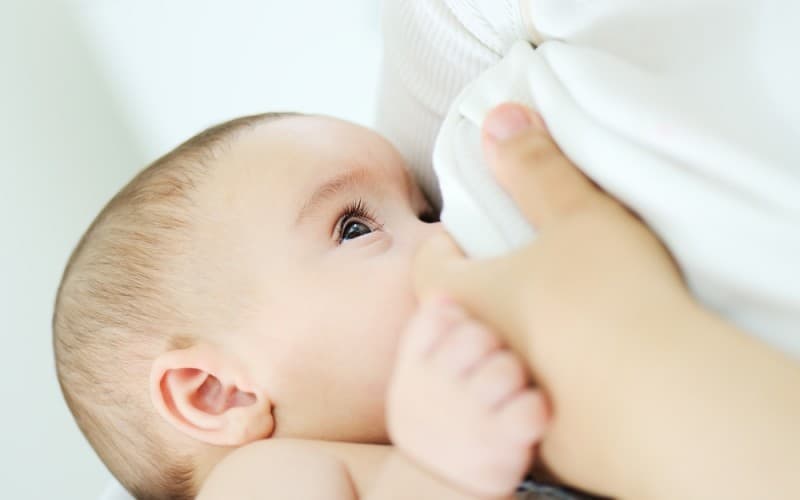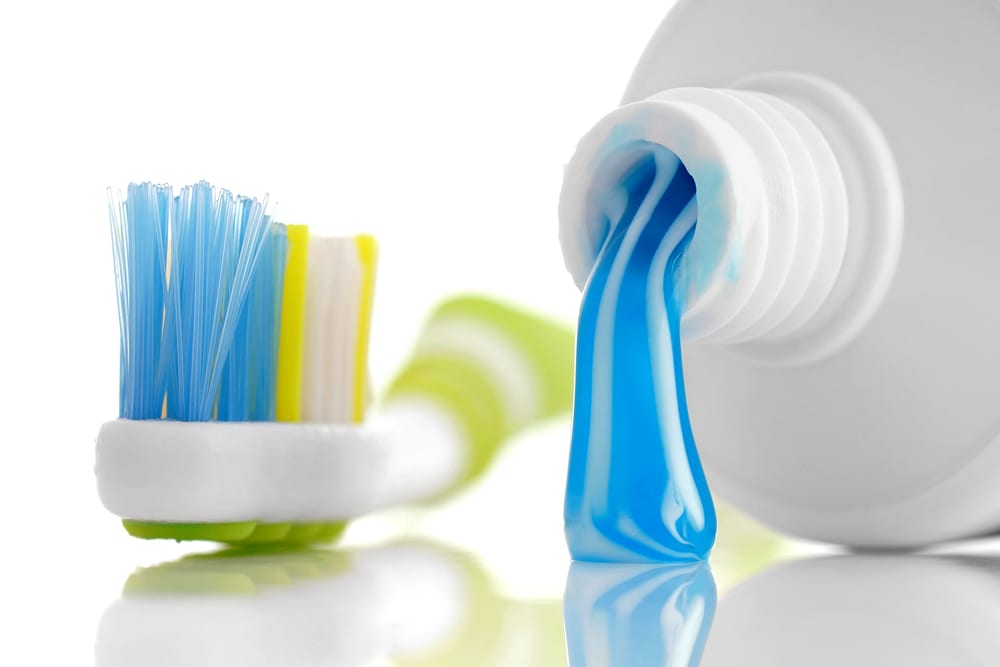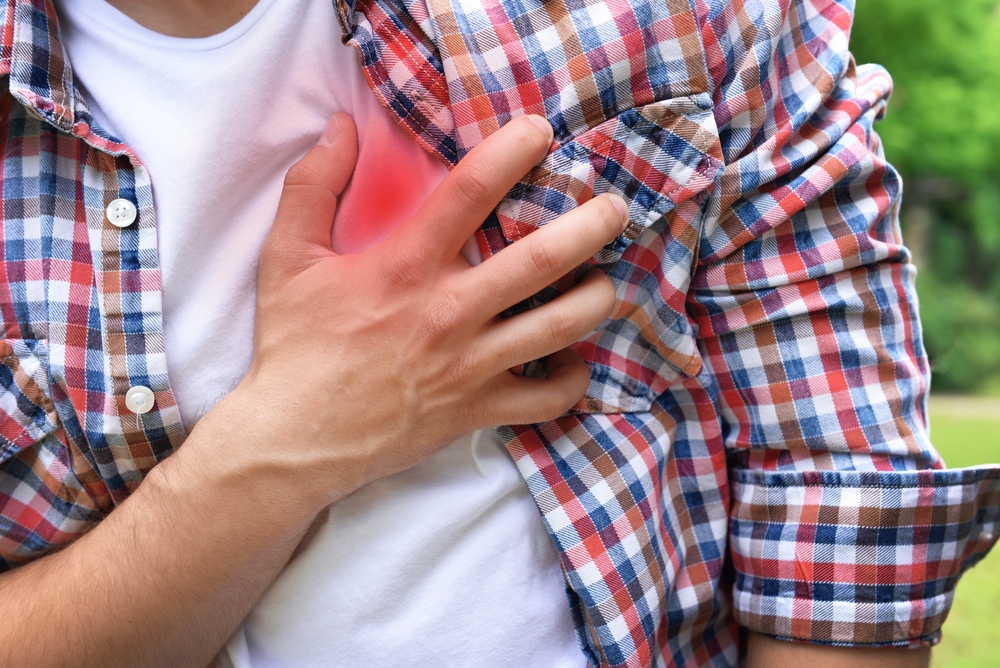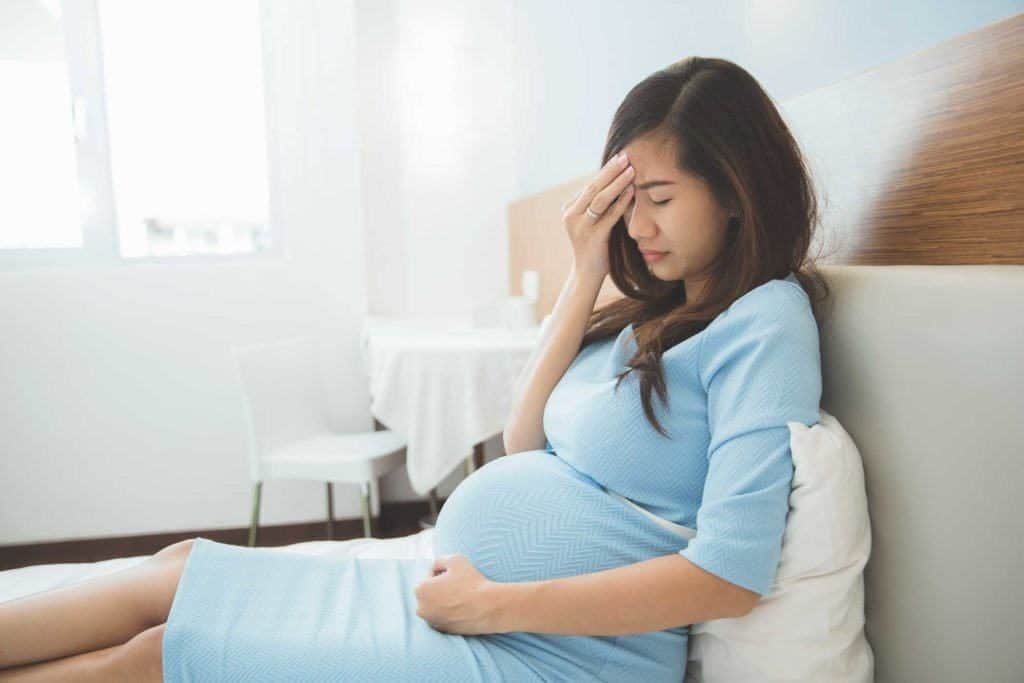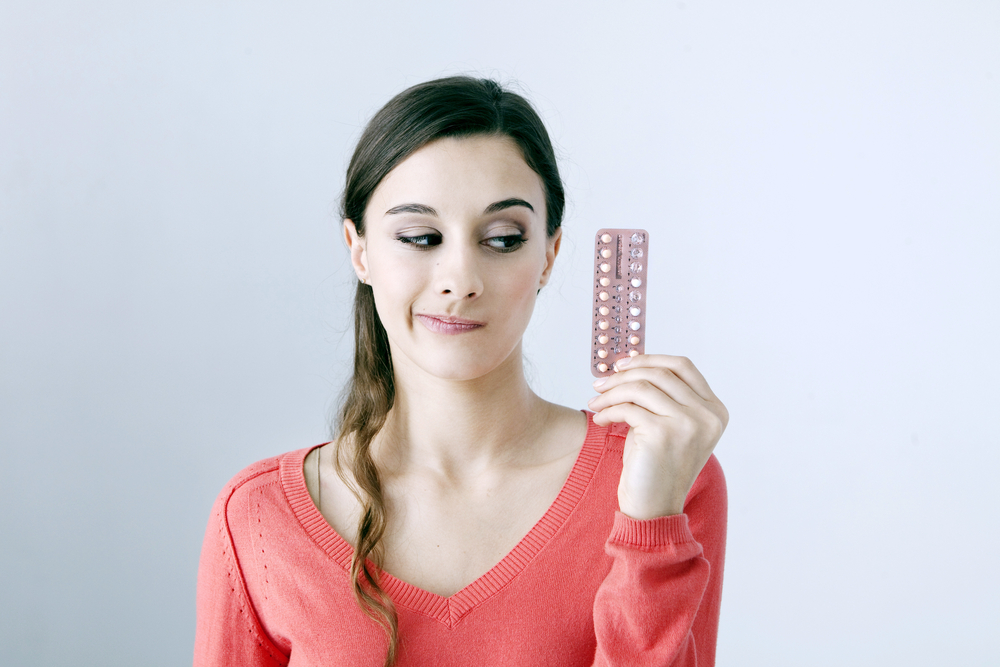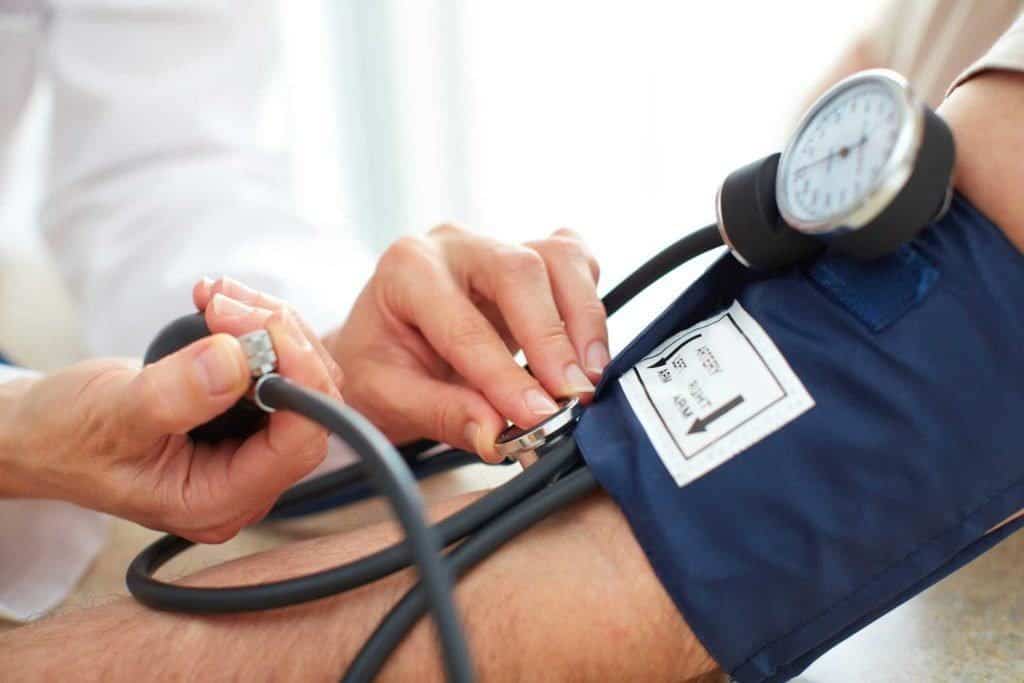Contents:
- Medical Video: How is HPV spread?
- What is HPV?
- What happens if I get HPV?
- Can HPV attack men?
- How can I get the HPV virus?
- How do you prevent the HPV virus from being infected?
- When should I be vaccinated against HPV?
Medical Video: How is HPV spread?
Without realizing it, many viruses are around us. One of them is the HPV virus. Of course, if you are infected with this virus, you can experience health problems. What are the health problems caused by the HPV virus? To know more clearly about HPV, you should see the explanation below.
What is HPV?
Human papilloma virus (HPV) is a group of viruses that contain around 150 similar viruses. Some types can cause warts and some other types can cause cancer. This virus attacks the skin and moist membranes that line your body, such as the cervix in women, anus, mouth, and throat.
What happens if I get HPV?
In many cases, HPV will disappear by itself and not cause health problems. However, if the HPV does not disappear, this will cause the formation of warts on the body area, such as in the hands, feet, and genitals. Warts usually appear as small lumps or lump groups. The size also varies, ranging from small to large (as shown above).
Certain types of HPV viruses can also develop certain cancers, such as oral cancer, throat cancer, anal / rectal cancer, cervical cancer, vaginal cancer, and vulvar cancer. The development of this cancer takes years, even decades. The HPV virus that causes cancer is not the same as the type of HPV that causes warts.
Can HPV attack men?
Both men and women can get HPV infection. So, don't mistakenly assume that HPV can only attack women. In fact, certain types of HPV viruses can attack men and cause penile cancer. If you are sexually active, the HPV virus can infect you. This is because this virus can be transmitted through sexual contact or skin contact to the skin from the genitals.
How can I get the HPV virus?
The HPV virus can spread through sexual, vaginal, anal and oral intercourse, with people who have been infected with the virus. Not only that, HPV can also spread through the use of "toys" along with those who have been infected with the HPV virus during sexual activity.
You may not know whether your partner is carrying an HPV virus or not. This is because people infected with the HPV virus usually do not show signs or symptoms of infection. In fact, a person can have HPV after years of sexual intercourse with an infected person. Most people do not realize they are infected and transmit the infection to their partners.
In rare cases, pregnant women infected with HPV can pass it on to their babies. This causes the child to experience recurrent respiratory papillomatosis (RRP), a rare and dangerous condition that causes warts to grow in the throat.
How do you prevent the HPV virus from being infected?
There are several ways you can prevent the HPV virus from being infected, namely:
- Get HPV vaccination. HPV vaccination is proven to be safe and effective in protecting yourself from diseases caused by HPV (including cancer).
- Examining cervical cancer (cervix). Routine examination of cervical cancer in women aged 21-65 years can prevent the development of cervical cancer.
- Use condoms during sex. Using condoms correctly when having sex is proven to reduce the risk of contracting HPV. However, condoms only protect parts of your body that are covered with condoms. Transmission of HPV in parts of the body that are not covered by condoms may occur.
- Not changing sex partners. This can reduce your risk of contracting HPV.
- Maintain vaginal hygiene. A non-clean vagina is more susceptible to viral infections. For that, you are advised to always keep the feminine area clean. You can use antiseptic fluids specifically for the female area to clean the vagina, especially during menstruation and vaginal discharge. Use this antiseptic liquid only for the outside of the vagina. No need to clean the inside of your vagina because it can kill good germs and even increase the risk of infection.
When should I be vaccinated against HPV?
As recommended by the Centers for Disease Control and Prevention (CDC), both men and women should get the HPV vaccine at the age of 11-12 years with a double dose of vaccine (at a 6-12 month interval between vaccines). However, the HPV vaccine can actually be given from the age of 9 years to 13 years.
If at that age you have not received HPV vaccination, then you should get the vaccine before the age of 26 for both men and women. The earlier your age when getting the HPV vaccine, the better. Because, research shows that the immune response will be stronger if the vaccine is given at a young age.
If you receive HPV vaccination at the age of 15 years or more, then the dose given is three times. That is given at 0 months (initial / first dose), 1-2 months after the first dose (second dose), and 6 months after the first dose (third dose).

